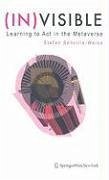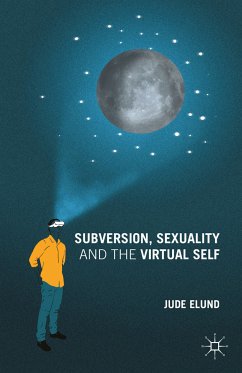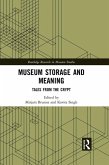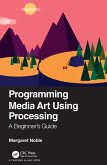How can real and virtual space interactions generate novel forms of communicative, creative and social practices in global connected communities? Is it possible to avoid unleashing the seemingly inevitable dichotomies in humankind constructing and destroying at the same time? My personal interest in f- ther contributing to the complexity of this discussion is to o?er some examples of how the dynamic interplay between techn- ogy, culture and sciences calls for novel pedagogical forms and strategies that seek to foster student-centered, self-regulated, participatory, interactive, and immersive learning. Tis book thereby deals with the complexity of the global data space and its adherent aspects in social, aesthetic and te- nological contexts. To this end I discuss some of the prevalent models of p- ticipatory media culture, its historical roots and its creative - tential for seamless operation in real and virtual environments. I will also highlight some of the core practices of media prod- tion, reception and perception with regard to future concepts of designing and augmenting public and individual data c- lections for the purpose of creating a gigantic database. In this global connected info space where there is no longer any on- logical di?erence between the real and the virtual, novel forms of human-machine interaction will impact tremendously and pervasively on almost all life issues. Intelligent agents, a- mented eyewear, and virtual world avatars and habitats are only a few existing examples that signal the forthcoming changes in networked societies.
Dieser Download kann aus rechtlichen Gründen nur mit Rechnungsadresse in A, B, BG, CY, CZ, D, DK, EW, E, FIN, F, GR, HR, H, IRL, I, LT, L, LR, M, NL, PL, P, R, S, SLO, SK ausgeliefert werden.









